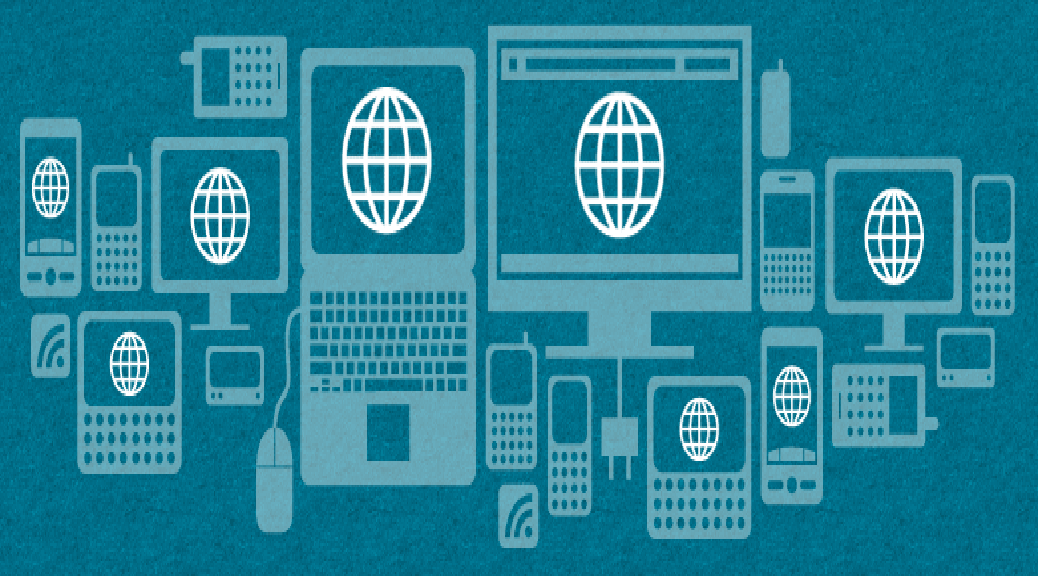I have written some posts about Net Neutrality before, here and here (the second is the 101). And recently, the now-aborted Airtel VoIP plans has kick-started serious discussions on the topic by TRAI, prompting the regulatory agency to issue a statement saying it will be releasing a consultation paper on the issue soon.
But it would seem that Airtel is not the only ISP that openly violates Net Neutrality in India. Interestingly, this Reddit thread brings to our attention the service terms of an Andhra Pradesh ISP BluWiFi’s Ultraband service. The relevant part here is their section on Peer-to-Peer connections, reproduced below:
“Peer2Peer Service is sold seperately. Meaning a single account can be billed for additional P2P bandwidth. For Example, If you have bought a 2Mbps Internet Service from us, you can buy additional bandwidth for P2P dedicated services, say 512Kbps (or as deep as your pocket allows). So your total bandwidth will be 2.5Mbps but you will be able to browse or web download only for 2Mbps and use Peer2Peer for 512Kbps. We understand that the 30% populus may not thank us but we are sure the rest 70% will.”
As I’ve mentioned before, the core, broad principle of Net Neutrality is that all data on the internet should be treated equally, and no specific types of data should be discriminated against. And this simple principle applies to peer-to-peer connections as well. (These connections are separate from the ‘peering’ process, which has been explained in detail in this WIRED post.)
The last line of the passage quoted above indicates that the ISP is doing this in order to manage its bandwidth for better Quality of Service (‘QoS’) for it users; i.e., traffic management. Now, in the case of traffic management, certain restrictions are allowed – but that is only in the most exceptional of cases, and even so, they must be proportionate, temporary, targeted, transparent. And blocking or discriminating against an entire class of communications services (i.e., p2p communications) clearly does not satisfy any of these requirements, except for ‘transparency’. This goes entirely against the ‘best effort’ and ‘end-to-end’ principles that are part of the foundations of the Internet. Moreover, such restrictions are actually not even necessary for good QoS!
And despite their infamy for their use in piracy, that is exactly what p2p connections are – a type of network, a connection model, with uses that go far beyond piracy. Skype uses the technology, Adobe uses it, until recently Spotify used it. And even torrents, one of the most popular services relying on p2p, have quite a few legitimate uses. In fact, just last year, Thom Yorke made up to $20 million from sales of his music through torrents. (A post on alternative economic models for content distribution which account for the internet will be following soon).
Therefore, the exceptions allowed to Net Neutrality for traffic management are just that – exceptions, and not the broad rule. They need to be very narrowly tailored, not broadened to an entire method of internet-based communication, that being p2p in this instance. Allowing any broad deviations from the above rule directly opens the doors for exactly the same problems that the debate on Net Neutrality has focused on right now – companies like Airtel will then inevitably claim that VoIP and Video Calls require higher bandwidth, and therefore need to be separated from run-of-the-mill mobile internet data.
Furthermore, this is not even limited to Airtel and BluWiFi either – these small but devastating violations of the net neutrality principles are prevalent in the Indian telecom companies. The perfect example of this is series of ‘packs’ (I would be grateful if someone can point out the original author of the linked information) for Over-The-Top-application-specific mobile internet services, such as WhatsApp, that have been launched by multiple telecom companies. These packs are clearly on the same level as Airtel’s separate mobile internet packs for VoIP services, and violate net neutrality principles just as much.
Admittedly, India does not have any net neutrality law right now. But even so, these practices result in excessive power in the hands of the ISPs, and the creation of bias against any services that make legitimate use of p2p connections and the OTT services they affect. As such, they hamper innovation in these sectors and create an anti-competitive environment – exactly the sort of issues Net Neutrality is supposed to prevent.
My thanks to Swaraj for bringing this issue to my attention.
